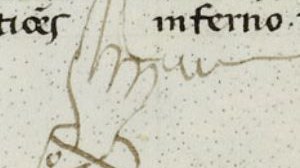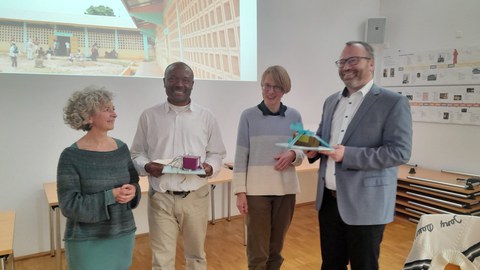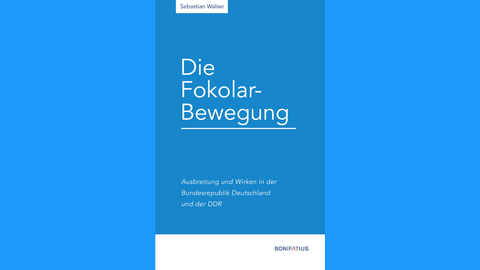 © Barcelona, Biblioteca de Catalunya, Ms. 577, fol 4ra
© Barcelona, Biblioteca de Catalunya, Ms. 577, fol 4ra
Church History
Among the theological disciplines, church history is the subject that is dedicated to the history of the church using the methods of the historical sciences. It is about historical retrospection, about dealing with the roots, the developments and the dynamics of a multi-faceted reality of the church: as an institution, as a bearer of tradition, as a place and framework for theology, as a coexistence, juxtaposition and not infrequently opposition of forms of life and models of how the church has been understood and lived throughout history up to the present day.
Following the classical division of epochs into ancient, medieval and new/most recent church history, the subject in Dresden also covers aspects of the sister disciplines of patrology, theological medieval studies and eastern church studies and ecumenical theology. Understanding the church in the singular in its historically evolved, plural realities, i.e. classifying it historically and asking about the processes that have shaped it, is an essential competence of the historical discipline in the ecumenical-church and academic discourse.
The courses in the department teach students skills and abilities in dealing with the rich wealth of sources in church and theological history: reading and understanding historical sources; classifying and communicating key dates, events and developments in the history of the church and theology as they can be traced from the sources; identifying the broad overview and connecting lines from the beginnings of the church(es) to the multi-confessional present; basic knowledge of the history of theology, art, social and institutional history. In this way, students acquire skills for professional use, especially in teaching subjects. With regard to dealing with the material they have acquired, they should be able to interpret and open up the evidence of the rich religious heritage for themselves and others, as well as to deal with the lingering legacies of church history in an intellectually sound manner.



